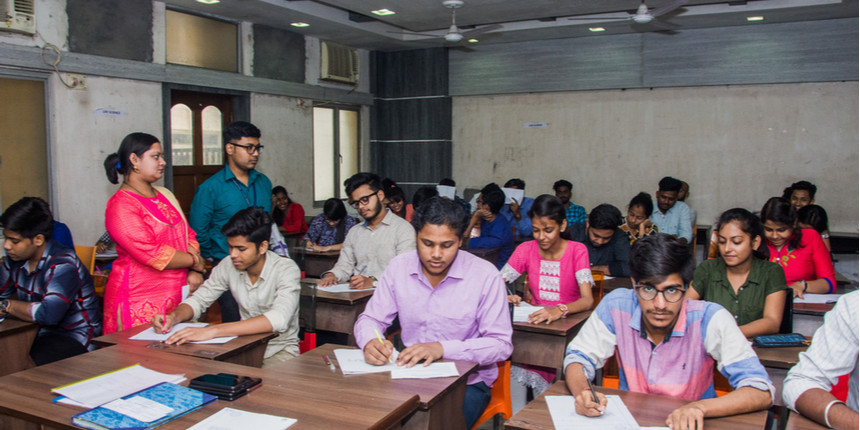In a potential landmark decision, India’s central government is exploring a transformative shift for the NEET-UG examination, contemplating a switch from traditional pen-and-paper to an online format. NEET-UG (National Eligibility cum Entrance Test-Undergraduate) stands as a pivotal assessment for students aspiring to enter medical and dental undergraduate courses nationwide. This prospective move aims to modernize the examination process, enhancing accessibility, efficiency, and fairness for candidates across the country.
Moving NEET-UG online holds the promise of revolutionizing how medical entrance exams are conducted in India. By leveraging digital platforms, the initiative seeks to introduce greater flexibility in scheduling exams, expedite result processing, and potentially accommodate more applicants through multiple session options. Such advancements could alleviate current logistical challenges associated with the pen-and-paper format, thereby optimizing the overall examination experience.
However, the transition to an online NEET-UG exam also presents logistical and operational challenges that necessitate careful consideration and planning. Ensuring the security and integrity of the examination, safeguarding against cheating, and addressing technological disparities among candidates will be critical priorities. Establishing robust infrastructure, including secure servers and reliable internet connectivity nationwide, will be imperative to support a seamless transition and ensure equitable access for all aspiring medical students.
As deliberations continue, stakeholders including students, educators, and policymakers eagerly anticipate further details regarding the timeline and implementation specifics of the proposed online NEET-UG examination. This potential shift underscores India’s commitment to advancing its medical education standards in alignment with global trends towards digital transformation. By embracing technology, the government aims to not only enhance the efficiency of medical entrance examinations but also foster a more inclusive and accessible pathway for future healthcare professionals across the nation.

